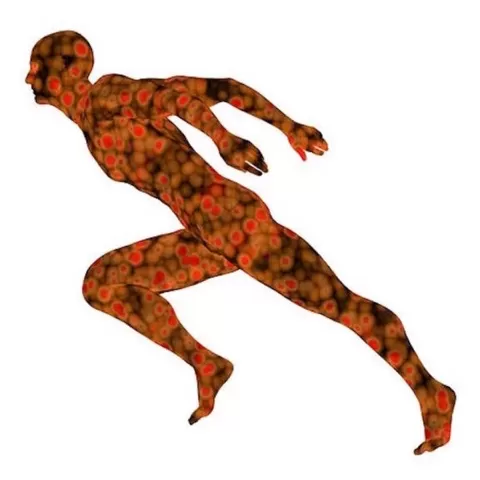For centuries we have collectively marveled at plant diversity and form—from Charles Darwin’s early fascination with stems and flowers to Seymour Krelborn’s distorted doting in Little Shop of Horrors. This course intends to present an intriguing and scientifically valid look at how plants themselves experience the world—from the colors they see to the sensations they feel. Highlighting the latest research in genetics and more, we will delve into the inner lives of plants and draw parallels with the human senses to reveal that we have much more in common with sunflowers and oak trees than we may realize. We’ll learn how plants know up from down, how they know when a neighbor has been infested by a group of hungry beetles, and whether they appreciate the music you’ve been playing for them or if they’re just deaf to the sounds around them. We’ll explore definitions of memory and consciousness as they relate to plants in asking whether we can say that plants might even be aware of their surroundings. This highly interdisciplinary course meshes historical studies with cutting edge modern research and will be relevant to all humans who seek their place in nature.
This class has three main goals: 1. To introduce you to basic plant biology by exploring plant senses (sight, smell, hearing, touch, taste, balance). 2. To introduce you to biological research and the scientific method. 3. To get the student to question life in general and what defines us as humans.
Once you’ve taken this course, if you are interested in a more in-depth study of plants, check out my follow-up course, Fundamentals of Plant Biology (https://www.coursera.org/learn/plant-biology/home/welcome).
In order to receive academic credit for this course you must successfully pass the academic exam on campus. For information on how to register for the academic exam – https://tauonline.tau.ac.il/registration
Additionally, you can apply to certain degrees using the grades you received on the courses. Read more on this here –
https://go.tau.ac.il/b.a/mooc-acceptance
Teachers interested in teaching this course in their class rooms are invited to explore our Academic High school program here – https://tauonline.tau.ac.il/online-highschool




